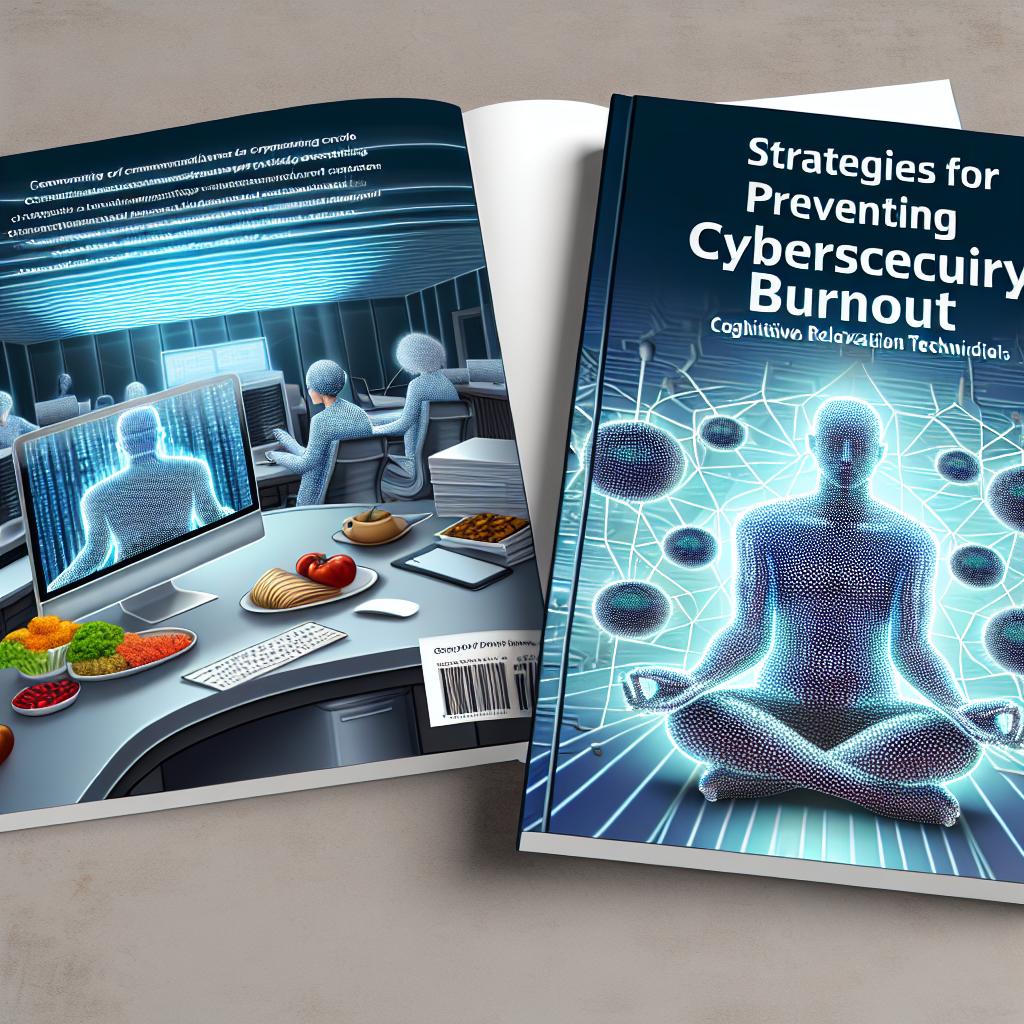In the fast-paced world of cybersecurity, the pressure is always on to stay ahead of ever-evolving threats. But what happens when the relentless demands of the job start to take a toll on the individuals tasked wiht protecting our digital world? A new report predicts that by 2025, cybersecurity burnout will reach unprecedented levels, necessitating innovative solutions to address this growing crisis. Join us as we explore the challenges and potential strategies for combating burnout in the cybersecurity industry.
Heading 1: Strategies for Preventing Cybersecurity Burnout
In 2025, addressing cybersecurity burnout is more critical than ever before. To prevent burnout among cybersecurity professionals, organizations must implement proactive strategies and supportive measures. Creating a healthy work environment that promotes work-life balance, providing ongoing training and development opportunities, and fostering a culture of open communication can greatly reduce burnout. Encouraging regular breaks and promoting self-care practices can also help employees recharge and maintain their well-being. Prioritizing mental health resources, establishing clear boundaries, and offering flexibility in work schedules are essential components in preventing cybersecurity burnout in the workplace.

Heading 2: Implementing Work-Life Balance Initiatives for Cybersecurity Professionals
In 2025, the cybersecurity industry is facing a important challenge – burnout among professionals. To combat this issue, companies are implementing various work-life balance initiatives tailored to the unique needs of cybersecurity experts. Some of these initiatives include:
- Flexible Work Hours: Allowing professionals to have more control over their schedules can definitely help reduce stress and prevent burnout.
- Wellness Programs: Providing resources for mental health support, stress management, and overall well-being can improve the mental resilience of cybersecurity professionals.
- Remote Work Options: Offering the flexibility to work from home can help professionals achieve a better balance between their work and personal lives.
By prioritizing the well-being of cybersecurity professionals, companies can not only reduce burnout but also improve overall productivity and job satisfaction in the industry.
Closing Remarks
As we look ahead to the future of cybersecurity in 2025, it is clear that addressing burnout among professionals in the field is crucial for maintaining the security of our digital world. By implementing strategies to support and prioritize the well-being of cybersecurity experts, we can ensure a more resilient and effective defense against evolving threats. Let us work together to create a healthier and more sustainable cybersecurity environment for all. Thank you for reading.







